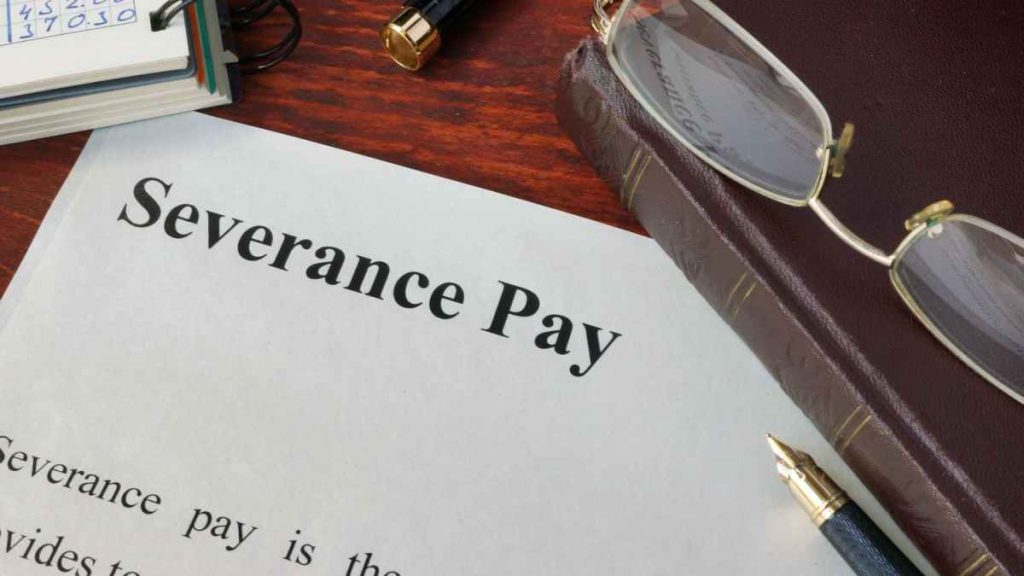When someone finds themselves without a job, it can be a daunting time. It’s important to know that money is available to help with the transition period of unemployment. This financial support is called severance pay and is determined by state law. Basically, severance pay is compensation an employer provides to their employee when they are laid off or fired.
Contents
What are the Qualifications for Receiving Severance Pay?
To receive severance pay, you must have been employed by the same company for a certain amount of time and meet certain criteria outlined in your employment contract or handbook. Severance pay may be calculated on a weekly, monthly or annual basis. It can range from two weeks to a year’s worth of wages depending on how long you have worked for the company and other factors such as age, seniority, and experience. Severance pay does not include any additional retirement benefits.
The amount you may be eligible for will vary greatly depending on your employment status and the laws of your state. However, it is usually based on a percentage of your salary received over the company’s employment duration.
What to Do If You Are Denied Severance Pay?
If you have been denied severance pay, there are several things you can do to get your fair compensation. Find out why you were denied your severance pay, did your employer fails to fulfill part of their obligations? If so, contact a severance pay attorney with experience in these matters.
Do not sign any documents before you have consulted with someone in this field. You may be unaware that you have options and that there could be a legal basis for getting compensated for your time and services.
Sometimes, an employer will deny severance pay if they are concerned about the former employee’s behavior during their job tenures, such as poor performance or misconduct involving sexual harassment or other wrongdoings. If the reason for denial is because of the employee’s behavior, it may be possible to negotiate a deal where the former worker receives some compensation if they agree not to file a lawsuit against the company.
Hire a Severance Pay Attorney
There are some benefits to having a severance pay attorney. A severance pay attorney’s job is to help you negotiate the best severance package you can get for your company. In addition, a severance pay attorney can also help you with unemployment and retirement package issues. If your company laid you off, many laws protect you from unjust compensation while you look for another job. Certain benefits are available to you through the law, but others aren’t mandatory and may be offered by your employer. With an attorney, you can ensure that your rights are protected as well as possible. Most companies know what they’re required to do, but they don’t have a solid knowledge of the laws within their state.

